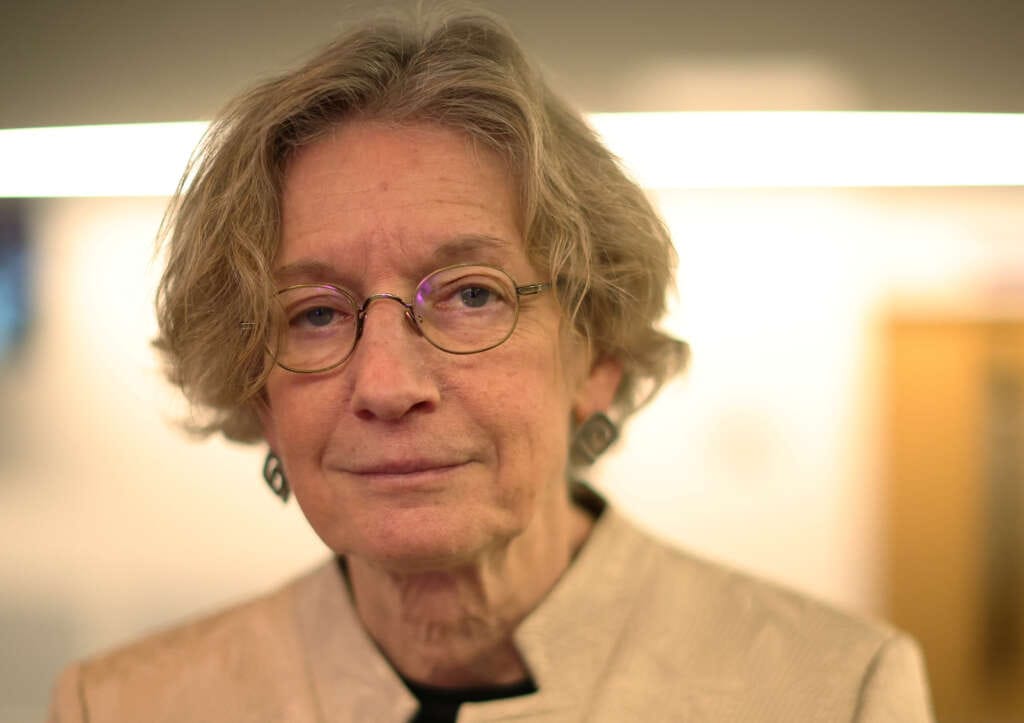
BoE’s Mann says better to err towards over-tightening rates
By Andy Bruce and David Milliken
LONDON (Reuters) -Bank of England policymaker Catherine Mann said on Monday that it was too soon for the BoE to stop raising interest rates, and that it was better for the central bank to err on the side of raising them too high rather than stopping prematurely.
“I would rather err on the side of over-tightening. But, if I am wrong, and inflation decelerates more quickly and activity deteriorates more significantly, I will not hesitate to cut rates,” she said in a speech text published by the BoE.
“In my view, holding rates constant at the current level risks enabling further inflation persistence,” she added.
Mann, the most hawkish member of the Monetary Policy Committee, was due to deliver the speech to the Canadian Association for Business Economics later on Monday.
She struck a different tone to BoE Governor Andrew Bailey, who last week said the central bank is “much nearer” to ending its run of interest rates increases.
Mann warned that self-sustaining inflation pressure would be harder to fight than an economic downturn from over-tightening policy.
While inflation projections among households, investors and forecasters were currently consistent with inflation returning to the BoE’s 2% target from 6.8% in July, higher interest rates were bedding into expectations, Mann said.
“I worry that there is an increasing inflation risk premium being priced into the UK’s macroeconomic prospects,” Mann said.
The BoE is due to announce its next rate decision on Sept. 22, when financial markets see an 80% chance that it will raise rates to 5.5% from 5.25%.
Investors are more evenly split over whether there will be another BoE rate rise after that.
Mann rejected notions that returning inflation to, say, 3% would be “close enough”.
“We need to communicate and act on our commitment to do what is necessary to achieve the 2% target, sooner rather than later.”
(Writing by Andy Bruce and David MillikenEditing by William James and Peter Graff)


